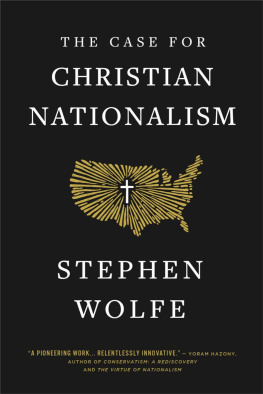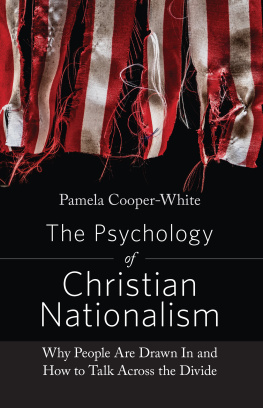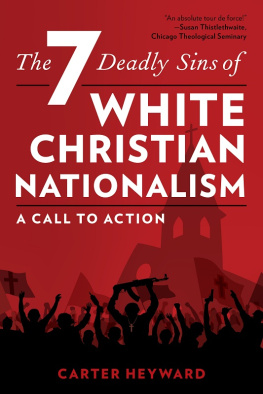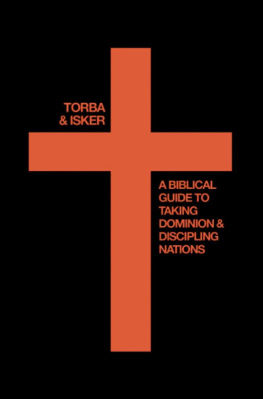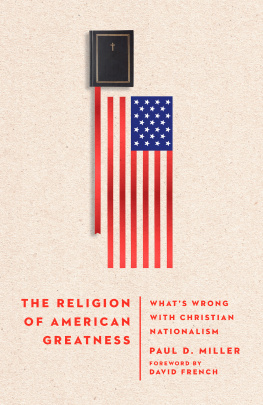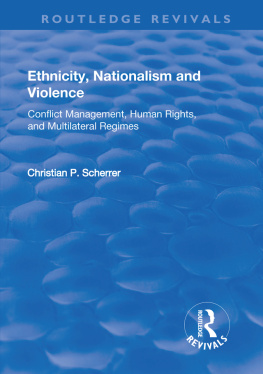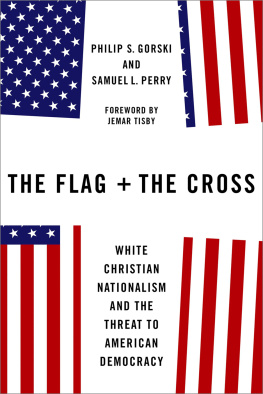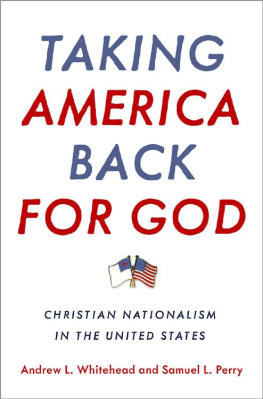P.O. Box 8729, Moscow, Idaho 83843
Introduction: The Great Renewal
I. The Storm
The indignant crowd, waving flags and gripping their weapons, gathered around the barriers and gates, pushing and shouting amidst smoke and furor. The guards of the buildinga towering symbol of civil authority and sanctitystruggled to decide what to do, as an insurrection or worse seemed imminent. Suddenly, the mob rushed a courtyard, and some protestors began climbing onto buildings. A gate was opened, and the most fanatical of the crowd surged to enter, as if it were a planned assault. The guards shouted at them to leave, but in all the excitement many interpreted the guards gestures to be welcoming them in. Gunfire broke out and several were killed, including officers. An observer might have heard cries of liberty from one side, equality from the other, then also fraternity. But another sinister sound could be heard: or death. The fighting continued and calls for ceasefire were rejected. The building was taken, and the victors declared, Thus we take revenge on traitors. This day changed everything, and we live in its consequences.
One famous writer later called it a turning-point of modern times. This daythat is, July 14, 1789, the storming of the Bastille in Paris, Francemarked the secularization of our history and the disincarnation of the Christian God, as Albert Camus wrote in The Rebel . This day sparked the French Revolution, the instigators of which sought to overthrow the principle of divine right. Camus continues:
God played a part in history through the medium of kings. But His representative in history has been killed, for there is no longer a king. Therefore, there is nothing but a semblance of God, relegated to the heaven of principles. The revolutionaries may well refer to the Gospel, but in fact, they dealt a terrible blow to Christianity from which it has not yet recovered.
The regicide (or tyrannicide) of Louis XVI was a sort of deicidenot that God was killed, of course, but that in the kings execution the revolutionaries sought to establish political atheism. The seculum was secularized, and the recognition of God and his will for manboth the principles and purpose of lifewere set aside, relegated to heaven or to religious institutions. The children of the French Revolution, both Christian and non-Christian, are still with us and continue the revolution.
The explicit absence of God in public life is now normal, and this new normal hardly needs official enforcement. With weakness of will and self-abnegation, Western Christians gaze at the ravishment of their Western heritage, either blaming themselves or, even worse, reveling in their humiliation. Christians today live in and fully embrace the conditions of deicide. We have not simply tied our own hands; weve handed over, without much fuss, the divine powers ordained for our good. The people of God have become accustomed to a life without them, even learning to love abuse from God-granted authorities that he ordained for their good.
The chief philosopher of the French Revolution, Jean-Jacques Rousseau, was wrong in his understanding of Christianity, but he did accurately capture the tendency of Christians to take pleasure in their oppression. His comments are so remarkably recognizable that they are worth quoting in full. He writes,
Christianity as a religion is entirely spiritual, occupied solely with heavenly things; the country of the Christian is not of this world. He does his duty, indeed, but does it with profound indifference to the good or ill success of his cares. Provided he has nothing to reproach himself with, it matters little to him whether things go well or ill here on earth. If the State is prosperous, he hardly dares to share in the public happiness, for fear he may grow proud of his countrys glory; if the State is languishing, he blesses the hand of God that is hard upon His people.... If the power is abused by him who wields it, it is the scourge wherewith God punishes His children. There would be scruples about driving out the usurper: public tranquility would have to be disturbed, violence would have to be employed, and blood spilt; all this accords ill with Christian meekness; and after all, in this vale of sorrows, what does it matter whether we are free men or serfs? The essential thing is to get to heaven, and resignation is only an additional means of doing so.... Christianity preaches only servitude and dependence. Its spirit is so favourable to tyranny that it always profits by such a rgime. True Christians are made to be slaves, and they know it and do not much mind: this short life counts for too little in their eyes.
Sound familiar? You see it daily in Christian think-pieces. Rousseau is indeed right, in a way. Christianity is often used as a coping device for inaction, even when under tyranny and slavery. It is a theological means to psychologically endure ones gnostic unwillingness to struggle against earthly abuse. At its worst, theology is wielded to find pleasure in ones humiliation. Many Christian leaders today are children of Rousseau in this regard, actively undermining Christian political action that opposes political atheism. They advance a sort of Stockholm syndrome theology.
Such Christianswho separate God from public institutionshave even adopted Rousseaus civil religion, though likely unwittingly. Instead of establishing Christianity, Rousseau called for a civil profession of faith, consisting of social sentiments without which a man cannot be a good citizen. Violators are declared to be anti-social. These dogmas must be few, simple, and exactly worded, without explanation of commentary. After the January 6, 2021 riot, Christians leaders expressed dismay that our democracy, which affirms universal tolerance and pluralism, was attacked by a mob that rampaged through the sacred halls of Congress. Their commitment to these modern norms should not surprise us. For decades, theologians have developed theologies that exclude Christianity from public institutions but require Christians to affirm the language of universal dignity, tolerance, human rights, anti-nationalism, anti-nativism, multiculturalism, social justice, and equality, and they ostracize from their own ranks any Christian who deviates from these social dogmas. Theyve effectively Christianized the modern Wests social creed. The Christian leaders most immersed in the modern Wests civil religion are those who loudly denounce the civil religion of Christian nationalism.
This book challenges the social dogmas of our timethe secularist civil religionby offering a positive account of Christian nationalism. In addition to justifying the institutionalization of Christianity, I offer reasons and exhortations for Christians to act in confidence for that institutionalization. The problem we face today is not simply the absence of arguments but the lack of will for our political objectives. I hope to enliven in the hearts of Christians a sense of home and hearth and a love of people and country out of which springs action for their good.

